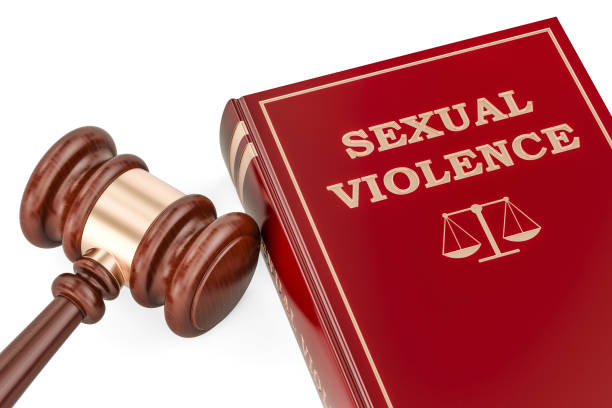Why You Need a Lawyer for Sexual Assault in Canada
Having a lawyer on your side is the best way to protect yourself in the event that you are accused of sexual assault. A good sexual assault attorney in Canada will be familiar with the court system and will know what steps to take in order to win your case. In addition, he or she will be able to guide you through the process of filing for a complaint, taking your case to trial, and representing you in court.
Evidence used in a sexual assault case
- Using forensic evidence in a sexual assault case can help prove that an assault occurred. Biological evidence such as urine, saliva, and blood can help establish the perpetrator's presence at the scene. It can also provide important information on the timing and nature of sex acts.
- Other types of biological evidence include semen and hair and skin. These can be collected from the victim or the accused. The semen contains DNA and is often released during sexual copulation. The body breaks down the components of seminal fluid through enzyme activity.
- Survivors should avoid bathing after an assault. Washing the area with soap and water can damage the evidence. If the alleged victim is unavailable, testimony under oath can be used.
- During the investigation, investigators are looking for changes in the behavior of the alleged victim and the alleged perpetrator. They may be looking for witnesses or changes in school attendance, social groups, or any other elements of force. They will also document the history of the complainant and the accused.
Sentences for sexual assault in Canada
- Among the most serious crimes, sexual assault in Canada can land you in jail for years. The minimum sentence varies based on the circumstances of the crime. The most severe penalty for this type of offence is life imprisonment.
- The law can be complicated. The best advice is to consult a qualified lawyer, visit website here. The right representation can make the difference between a plea bargain and a conviction. A competent legal team can help you avoid unnecessary expenses and save valuable time.
- In addition to the mandatory minimum sentences, there are also discretionary options. For instance, a judge can order the offender not to contact the victim. There is also the option of probation and a fine. Whether you are facing sexual assault charges or any other type of criminal offence, it is important to have a strong defence.
- The minimum penalty for sexual assault in Canada is five years in prison for a first offence. For a second offence, the penalty is seven years in jail.
Common defences against sexual assault in Canada
- Getting arrested and convicted of sexual assault is a very serious matter. It can lead to severe consequences, such as jail time, loss of employment, and even a ban on leaving the country.
- There are a few common defences that can help a person defend themselves from these charges. The defences will vary from case to case. These defences are usually fact-specific and depend on the circumstances of the offence.
- The most common defence is 'consent.' A voluntary agreement between two people to engage in sexual activity is called consent. In Canada, this is an important step for healthy sexual relations. If a victim is under 16 years of age, the person committing the crime is required to take reasonable steps to ascertain consent.
- One of the more complicated and nuanced defences is the use of alcohol. Although alcohol is often a factor in sexual assault cases, the defence is not necessarily applicable in every case.
Cross examination
- During a trial for sexual assault in Canada, cross examination is often crucial. However, it is not without its drawbacks. It can be an intimidation tactic designed to stifle the complainant's evidence.
- In some cases, the judge has the power to cut out inappropriate questions. In other cases, he can limit the length of cross examination. Ultimately, a judge must balance the interests of the complainant and the accused in a case.
- The court must be able to decide whether the case has been proven beyond reasonable doubt. It can only do this by asking the complainant.
- The Supreme Court of Canada has made a number of statements about sexual assault law. Chief Justice Beverley McLachlin has criticized stereotypes that seep into sexual assault trials, and stated that evidence of past sexual activity is not a probative factor in the complainant's credibility.
- The Criminal Code prohibits evidence of prior consensual activity, but there are still some instances in which a defendant can ask about the complainant's prior activity.


Comments
Post a Comment